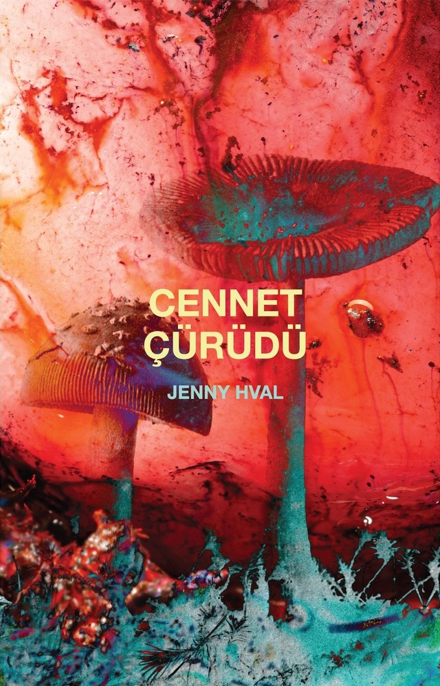What do you think?
Rate this book


128 pages, Paperback
First published January 1, 2009
‘It felt like the brewery had been transformed into a big wet tank that was waiting for Carral and I to decompose within it: a rotten, reeking Garden of Eden.’
‘Her skin was soft, softer than I remembered, as if she was rotten too, a fallen Eve. Under us I could hear the apples rumble. Not a real sound, but a sort of internal buzzing, like how you can imagine hearing nails and hair growing or buds opening.’
‘The women feast on the poor man’s flesh, And chew each bone whilst it is fresh, So the two women can become one with a kiss.’